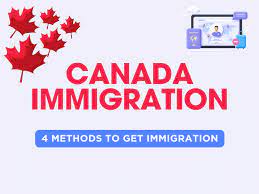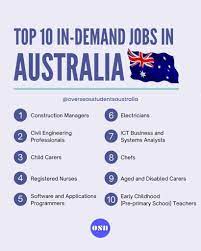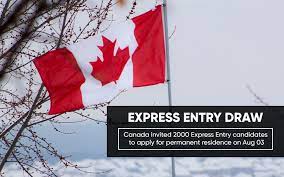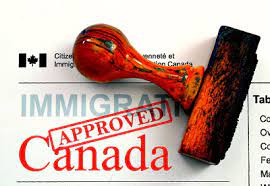Immigration to Canada without a Degree in 2024
Moving to Canada without a degree may appear daunting, given that higher education often plays a significant role in the immigration process. However, Canada’s immigration framework offers diverse pathways that don’t mandate a university degree.
Skilled Trades Skilled trades are highly sought after in Canada, and specific programs are designed to facilitate the immigration of skilled tradespeople and experienced workers. Some provinces operate Provincial Nominee Programs (PNP) tailored for individuals with sought-after skill sets, providing avenues for permanent residency based on work experience.
Regional Immigration Initiatives
Certain immigration initiatives target labor shortages in rural or Atlantic regions, welcoming workers of various skill levels. These programs may present opportunities for individuals lacking formal higher education.
Eligibility Criteria
Canada’s immigration policies allow for multiple entry routes, even for those without a degree. Demonstrating work experience in a skilled trade or in-demand job field is key. Proficiency in English or French, along with meeting age, employment, and admissibility criteria, enhances eligibility.
Immigration Programs
Several immigration programs accommodate non-degree holders:
- Federal Skilled Trades Program (FSTP): Tailored for skilled tradespeople.
- Canadian Experience Class (CEC): Supports candidates with Canadian work experience.
- Provincial Nominee Programs (PNPs): Offer pathways based on local labor needs.
Economic Impact
Skilled workers without degrees can positively impact the Canadian economy by filling vacancies in trades experiencing labor shortages. By securing employment in in-demand fields, individuals contribute significantly to the labor market.
Application Process
Successful immigration without a degree involves a structured application process:
- Prepare Your Application: Familiarize yourself with available programs, gather required documentation, including employment records and certificates.
- Language Proficiency: Prove proficiency in English or French through standardized tests like IELTS or TEF.
- Work Experience Documentation: Comprehensive documentation of work history, aligned with eligible National Occupational Classification (NOC) skill levels.
Alternative Pathways Canada offers various immigration avenues for individuals without degrees, each catering to different circumstances and leading to permanent residency.
Provincial Nominee Programs
Provincial Nominee Programs (PNPs) allow Canadian provinces and territories to nominate individuals for immigration based on their local labor market needs. For example, the Alberta Provincial Nominee Program targets both skilled and unskilled workers already in the province with a temporary work permit.
Family Sponsorship If you have a family member who is a Canadian citizen or permanent resident, they might be able to sponsor you for immigration to Canada. This option requires the Canadian relative to meet specific income requirements to ensure they can support you during your initial time in Canada.
Canadian Experience Class Ideal for individuals with work experience in Canada, the Canadian Experience Class requires at least one year of skilled, professional, or technical work experience in Canada within three years of applying.
Self-Employment and Entrepreneurship Canada values entrepreneurs and self-employed individuals who can contribute to the economy. Those with experience in cultural activities, athletics, or farm management can apply for immigration under the Self-Employment Program. Additionally, various provinces offer entrepreneurship programs to attract business owners willing to invest in Canada.
Frequently Asked Questions Navigating the immigration process to Canada without a degree can be complex. Here are answers to some common questions on the subject, providing a better understanding of available options.
- What is the minimum education requirement for Canadian permanent residency? Certain immigration programs, like the Federal Skilled Trades Program, typically require a high school diploma or its equivalent.
- Is it possible to find employment in Canada without a post-secondary degree? Yes, securing employment in Canada without a post-secondary degree is possible, especially if you have relevant skills or work experience in trades or semi-skilled professions.
- What are the in-demand jobs in Canada for individuals without a university degree? In-demand jobs often include trades, transport, equipment operation, and certain tech roles. Regional demand can influence job availability.
- What alternate immigration pathways exist without a job offer in Canada? Programs such as the Provincial Nominee Program or the Canadian Experience Class may offer immigration pathways without a formal job offer in Canada.
- Can work experience substitute for lack of formal education in the Canada Express Entry system? Work experience can compensate for the absence of formal education, particularly through programs like the Canadian Experience Class within the Canada Express Entry system.
- What are the fastest methods for immigrating to Canada without higher education? Speedy immigration methods could involve Provincial Nominee Programs, especially those catering to in-demand skills or occupations in specific provinces.






